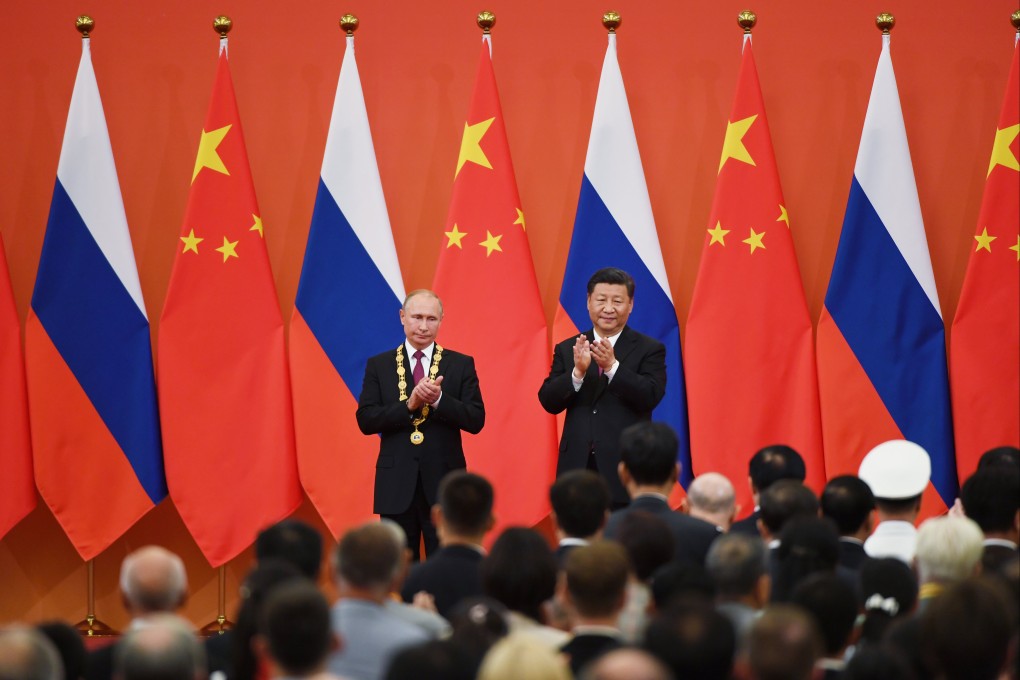As Russia is increasingly cut off, can China’s yuan find a greater role as a global currency?
- Beijing has been trying to insulate itself from a global financial system that is heavily tied to the US dollar, but strict capital controls still hinder the yuan’s use
- A lack of deeper financial reforms by Beijing could remain a difficult hurdle to the yuan’s internationalisation, even as Russia’s trade with China is rising

Russia’s invasion of Ukraine will have only a limited impact on Beijing’s push to internationalise the yuan, and its long-term success as a more widely utilised global currency will need to run parallel with China’s deeper financial reforms, according to analysts.
Their assessment came after US Federal Reserve chair Jerome Powell said at a US Senate Banking Committee hearing last week that the Ukraine war may “change the trajectory” of China’s moves to insulate itself from a global financial system that is heavily tied to the US dollar.
“China is in a dilemma. On the one hand, it badly wants to internationalise its currency. But on the other hand, it is quite reluctant to open its capital account and liberalise its financial sector,” said Edwin Lai, the author of One Currency, Two Markets: China’s Attempt to Internationalize the Renminbi and an economics professor at Hong Kong University of Science and Technology.
Data from the International Monetary Fund (IMF) showed that the yuan is the world’s fifth-largest reserve currency, with central banks holding the equivalent of about US$319 billion worth of yuan reserves in the third quarter of 2021.
“The internationalisation of the renminbi still pales in comparison with the use of the dollar. Central bank holdings of the yuan are only about 2.5 per cent of their total reserves. By comparison, the dollar is over 50 per cent of reserves,” said Jeremy Mark, non-resident senior fellow at the Atlantic Council and a former IMF official, using the name of China’s currency.
He added that while the yuan is used for global trade invoicing, its use is still limited. Also, the yuan is not broadly employed for global investment purposes with a focus on Chinese securities.
